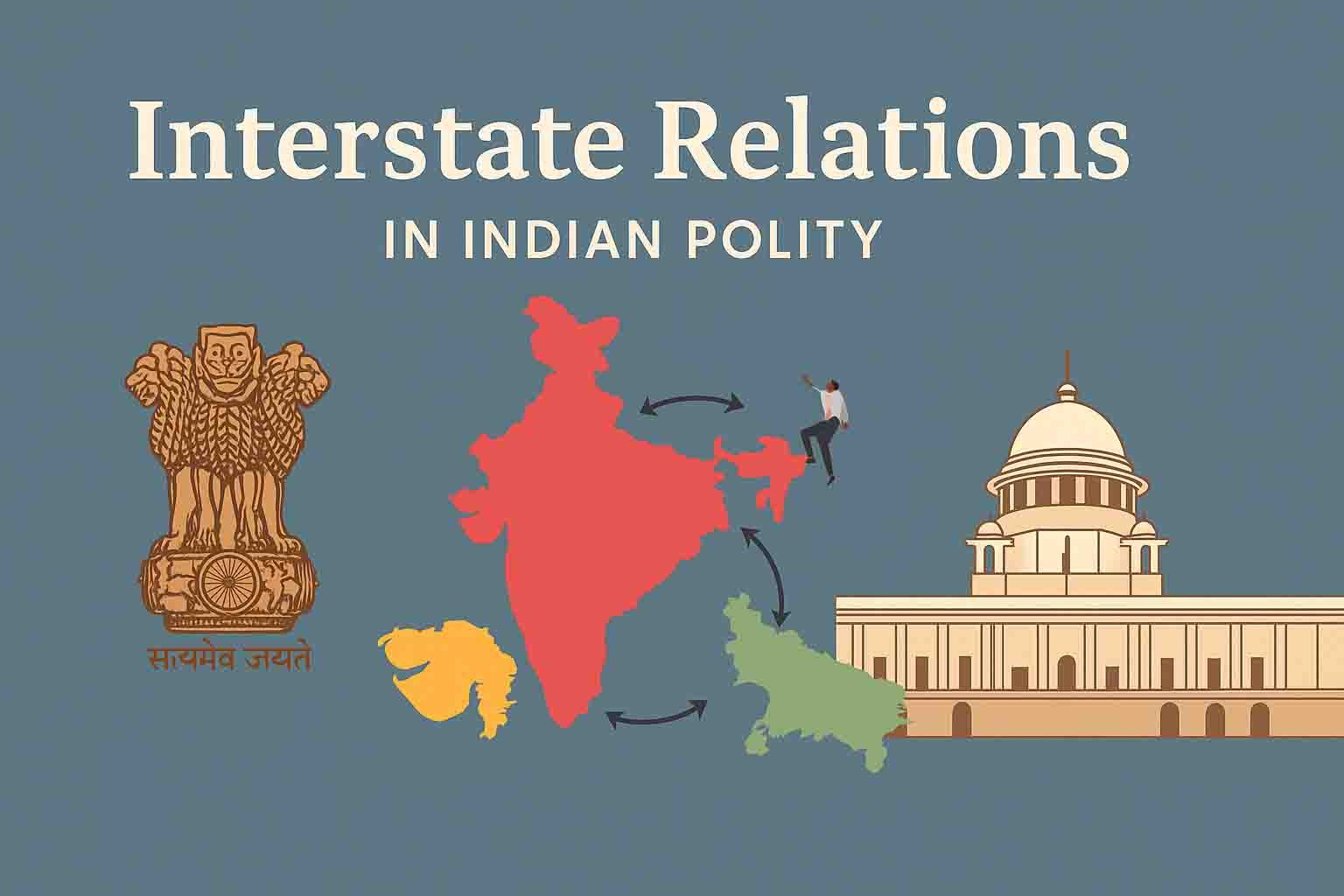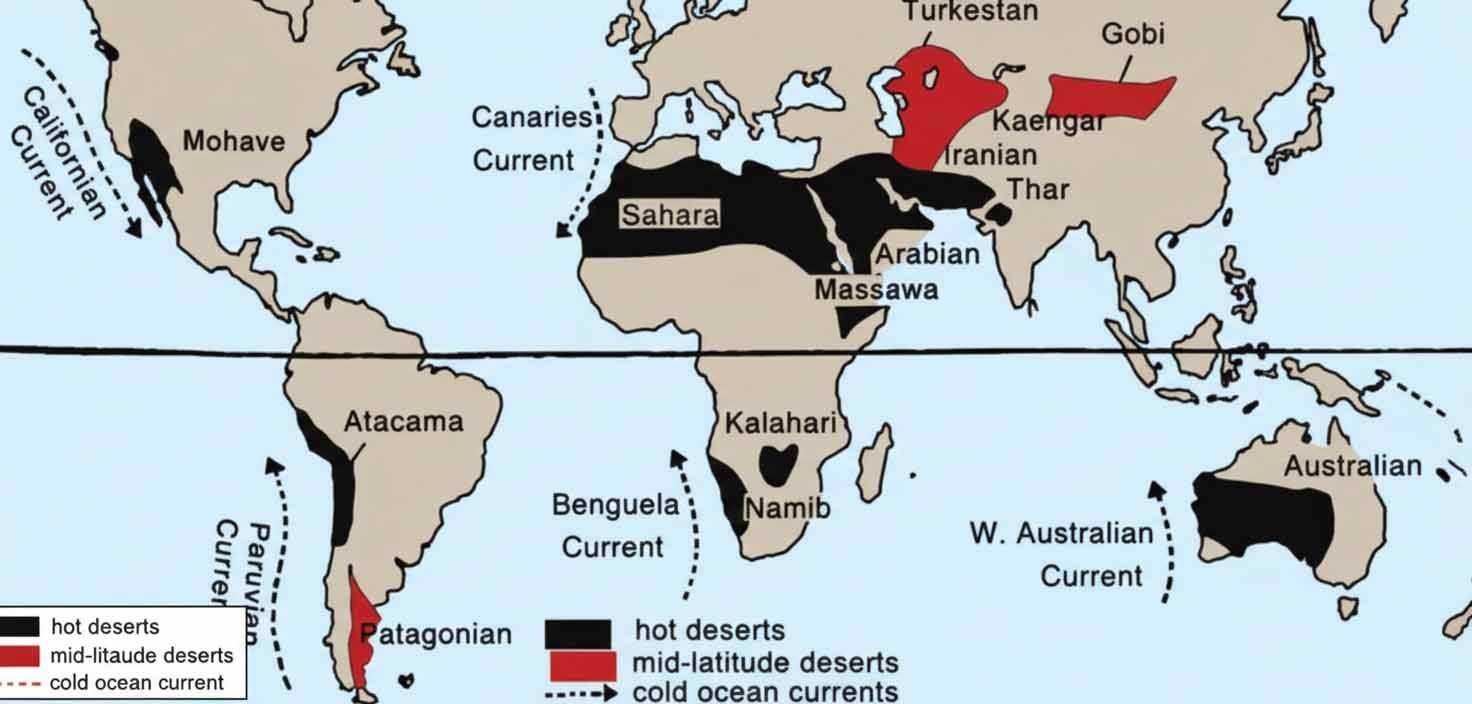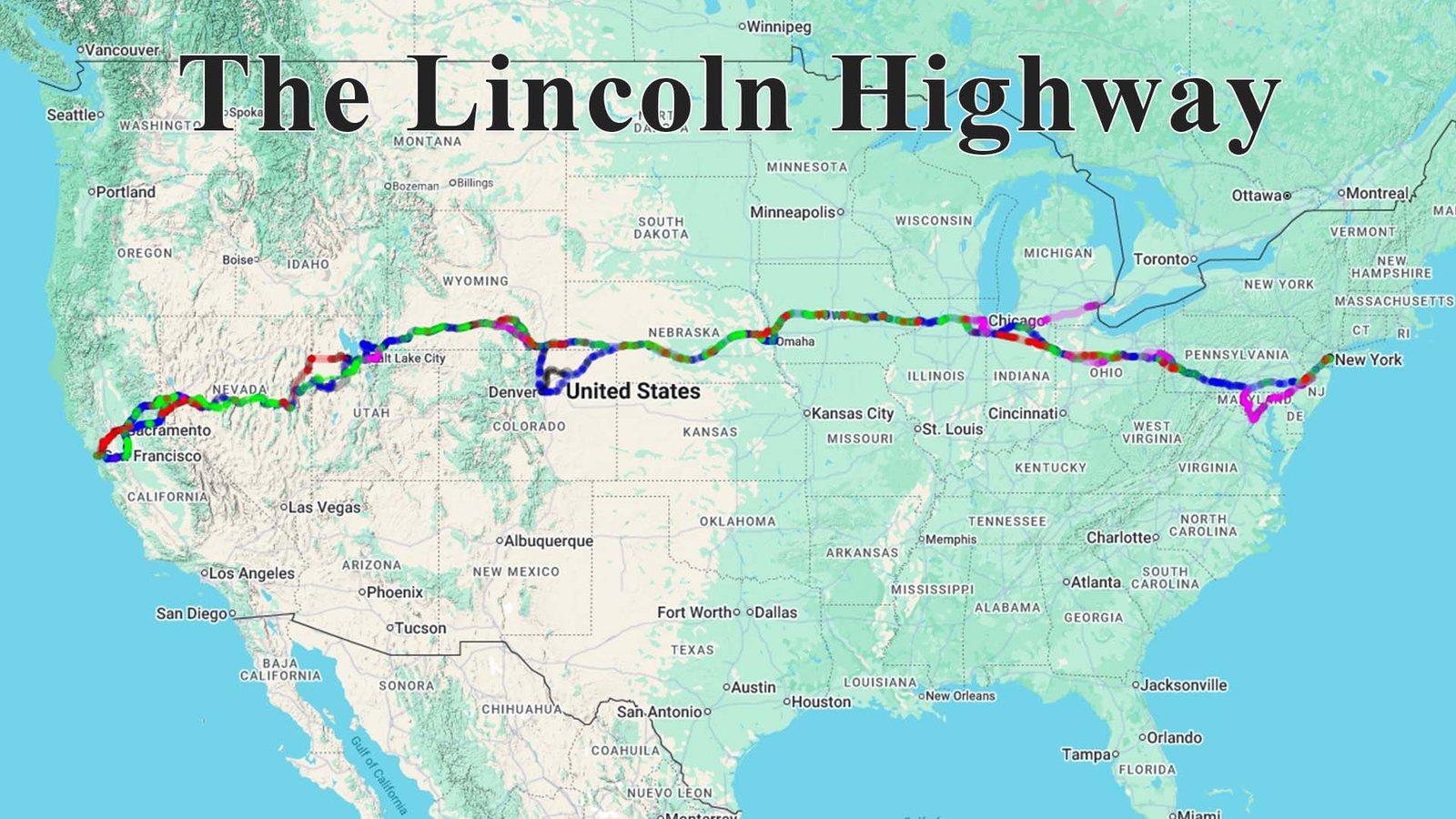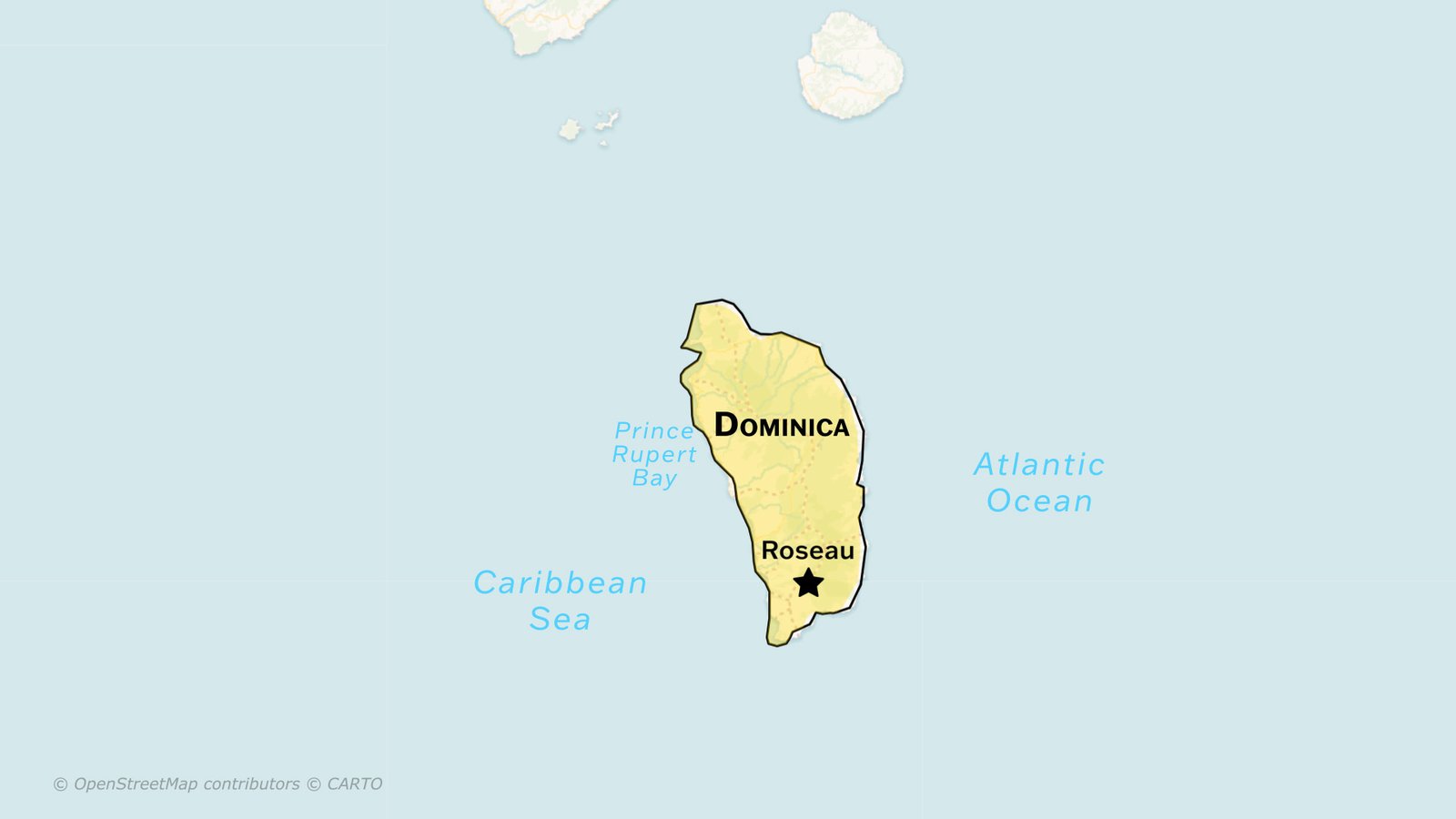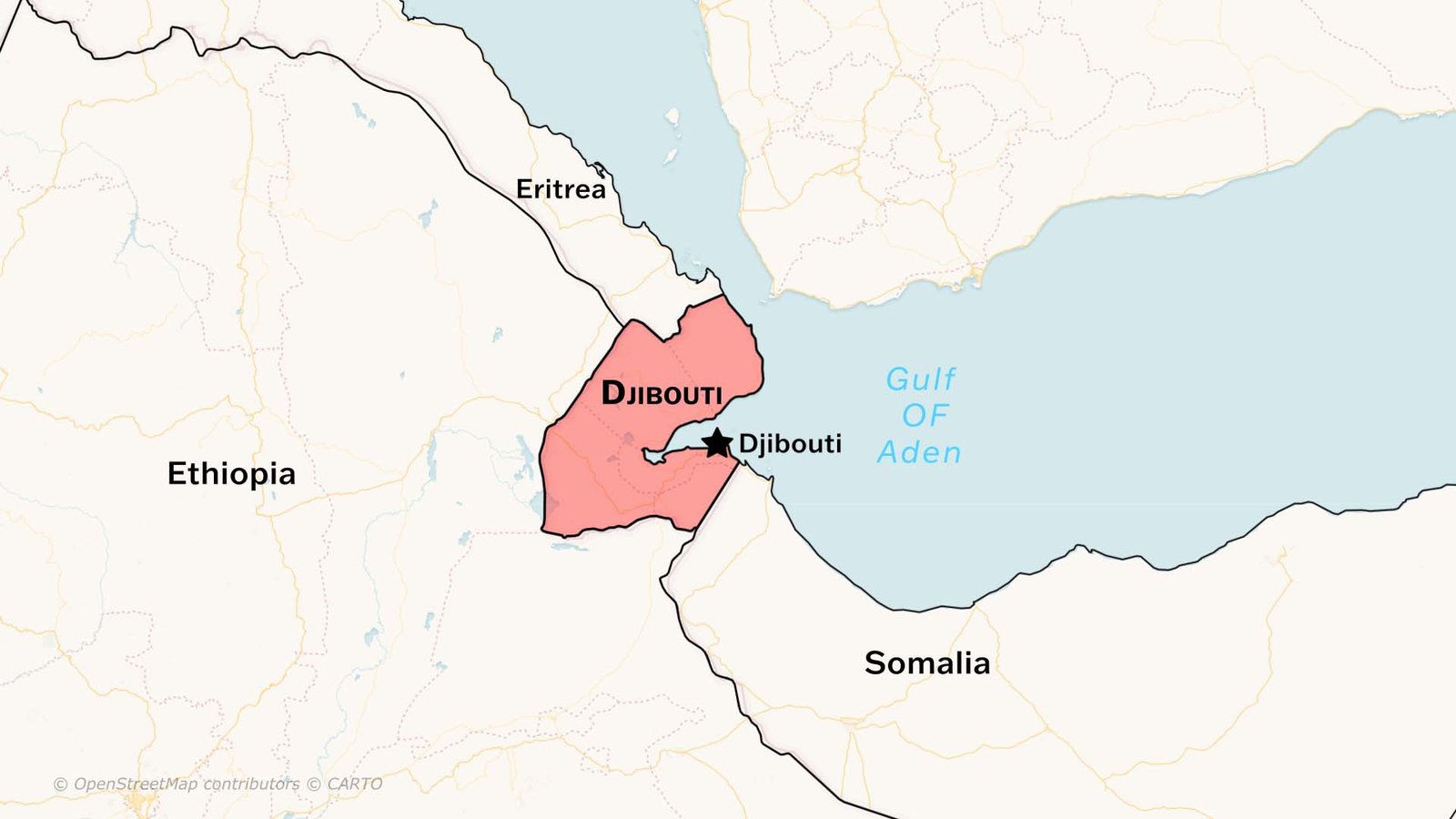Indian federalism is based on the spirit of cooperation between the centre and the states as well as between states. Therefore, the constitution of India provides for legal provisions that create a balance between various states in terms of power sharing and autonomy. This is primarily in terms of adjudication of inter-state water disputes, coordination through inter-state councils, mutual recognition of public acts, and freedom of inter-state trade, commerce and intercourse.
For overall functioning and peace, the parliament also established a zonal council that supervises and ensures maintenance of peace and coordination in all inter-state operations.
The following chapter will talk about the inter-state relations in aspects mentioned above and the extent of powers of interstate authorities such as zonal councils. We will start with how interstate water disputes are managed by the constitution and what provisions are mentioned in the constitution for the same.
Inter-State Water Disputes
So, which article of the Constitution mentions this?
Article 262. It states that the constitution provides for:
- Parliament may by law provide for the adjudication of any dispute or complaint with respect to the use, distribution, and control of waters of any inter-state river and river valley.
- Parliament may also provide that neither the Supreme Court nor any other court is to exercise jurisdiction in respect of any such dispute or complaint.
What other provisions are provided for this in the constitution?
Parliament has also enacted two laws – the River Boards Act, 1956 and the Inter-State Water Disputes Act (1956).
The River Boards Act states that river boards should be established for the regulation and development of inter-state river and river valley regions. On the other hand, the Interstate Water Disputes Act empowers the central government to set up an ad hoc tribunal for the adjudication of a dispute between two or more states. The decision of the tribunal would be final and binding on both parties, and SC won’t have any say in this.
But why was there any need to set up an additional extra-judicial machinery to settle interstate water disputes?
- Firstly, because of the experiences of various countries
- Secondly, because rules based upon analogy of private property interests do not always afford a satisfactory basis for settling water disputes as interests of the public on a large scale are involved
This is why the central government has set up 9 inter-state water tribunals, for example, the Krishna water disputes tribunal in 1969, the Narmada water disputes tribunal in 1969, the Godavari water disputes tribunal in 1969 and so on. The most recent is the Mahanadi Water Disputes Tribunal, formed in 2018 for Odisha and Chhattisgarh.
Apart from this, the centre also provides for inter-state councils as enshrined in Article 263 of the Indian Constitution. According to this article, the President should establish an interstate council to affect coordination between the states and between the centre and states in the public interest. The President will decide the nature of the duties of the council and also its organisational structure and procedures.
Article 263 also states that enquiring into and advising upon disputes, investigating and discussing subjects where the centre and states have a common interest and making recommendations for better policy coordination are also some other functions to be followed by the council.
Read more: Making of the constitution
Establishment of the Inter-State Dispute bodies
How were the Inter-State Dispute resolution bodies established?
- The Sarkaria Commission (1983–88) recommended the establishment of a permanent Intergovernmental Council to enhance coordination between the Centre and states under Article 263 of the Constitution.
- The Inter-State Council was established in 1990 by the Janata Dal Government under V.P. Singh, with the Prime Minister as Chairman and key members including Chief Ministers, Union Ministers, and Governors of states under President’s rule.
- The Council is a recommendatory body focused on promoting coordination and addressing issues related to interstate and Centre-state relations, meeting at least three times a year.
- A Standing Committee, formed in 1996, handles continuous consultations, and the Council is assisted by a secretariat, the Inter-State Council Secretariat, set up in 1991.
Public Acts, Records, and Judicial Proceedings
The “Full Faith and Credit” clause in the Constitution ensures that the public acts, records, and judicial proceedings of one state are recognized throughout India, addressing the issue of non-recognition of acts and records across state boundaries.
While each state’s jurisdiction is confined to its territory, this provision allows for uniformity in recognising the official acts and judicial decisions of other states, subject to the laws of Parliament regarding proof and effect.
Additionally, civil court judgments are enforceable across India, though this does not apply to criminal judgments.
Full Faith and Credit Clause
- Recognition Across States: The Constitution mandates that public acts, records, and judicial proceedings of the Centre and every state be given full faith and credit throughout India.
- Public Acts: This includes both legislative and executive acts of the government.
- Public Records: Refers to any official book, register, or record made by a public servant in the discharge of official duties.
Conditions and Proof
- Legislative Power of Parliament: The manner in which these acts, records, and proceedings are proved, and their effects determined, will be as per the laws set by Parliament.
- Subject to Parliamentary Laws: This means the general rule of recognition is subject to the power of Parliament to define how these acts and records are proven and their effects in different states.
Judicial Proceedings
- Civil Judgements: Final judgments and orders of civil courts are enforceable across India without the need for a fresh suit.
- Exclusion of Criminal Judgments: This rule applies only to civil judgments and not criminal judgments, meaning courts are not required to enforce the penal laws of another state.
Inter-state Trade and Commerce
Articles 301 to 307, Part XIII, of the Constitution deal with trade, commerce, and intercourse within India.
Article 301: Declares that trade, commerce, and intercourse throughout India shall be free, aiming to break down barriers between states and encourage the free flow of trade.
Scope of Freedom: The freedom applies to both interstate and intrastate trade, commerce, and intercourse, and is violated if restrictions are imposed at any stage, including frontiers.
Exceptions to Freedom:
- Parliamentary Restrictions: Parliament can impose restrictions in the public interest, but cannot discriminate between states except in cases of scarcity of goods.
- State Legislative Restrictions: States can impose reasonable restrictions in public interest with prior sanction from the President, but cannot discriminate between states.
- Tax on Imported Goods: States can tax goods imported from other states or union territories, but the tax must be equal to what is imposed on locally produced goods.
Nationalisation Laws: The freedom is subject to nationalisation laws, allowing the government to control certain trades or services.
Appointment of Authority: Parliament can appoint an authority to enforce these provisions, though no such authority has been appointed yet.
Zonal Councils
The concept of Zonal Councils in India is not mentioned in the Constitution directly, but it is provided under Article 263. This article empowers the President of India to establish such councils for the purpose of coordinating and resolving issues between the states and the central government. The actual establishment of Zonal Councils was done through the States Reorganisation Act of 1956.
- Division of Zones: The country was divided into five zones: Northern, Central, Eastern, Western, and Southern. Factors considered for division include natural divisions, river systems, communication, cultural and linguistic affinities, and requirements for economic development, security, and law and order.
- Membership:
- Home Minister of the Central Government
- Chief Ministers of all states in the zone
- Two other ministers from each state in the zone
- Administrators of union territories in the zone
- Advisors:
- Person nominated by the Planning Commission
- Chief Secretaries of the states in the zone
- Development Commissioners of the states in the zone
- Chairmanship:
- The Home Minister of the Central Government is the common chairman.
- Each Chief Minister acts as vice-chairman by rotation for one year.
Objectives and Functions of Zonal Councils
- Promote Cooperation: Facilitate cooperation and coordination between states, union territories, and the Centre.
- Discussion Topics: Focus on economic and social planning, linguistic minorities, border disputes, interstate transport, etc.
- Deliberative and Advisory: The councils are advisory bodies, making recommendations rather than decisions.
Key Objectives:
- Emotional integration of the country
- Prevent regionalism, state-consciousness, and linguistic divisions
- Assist in the reorganisation, integration, and economic advancement of regions
- Foster cooperation between the Centre and states for uniform policies and the execution of development projects
- Maintain political equilibrium between different regions
North-Eastern Council
It was created under the North-Eastern Council Act of 1971, focusing on the states of Assam, Manipur, Mizoram, Arunachal Pradesh, Nagaland, Meghalaya, Tripura, and Sikkim.
Functions:
- Formulate unified and coordinated regional plans
- Review security and public order measures in the region
- Similar objectives to the Zonal Councils, with added focus on regional security and development.
Read more: Federalism in India

